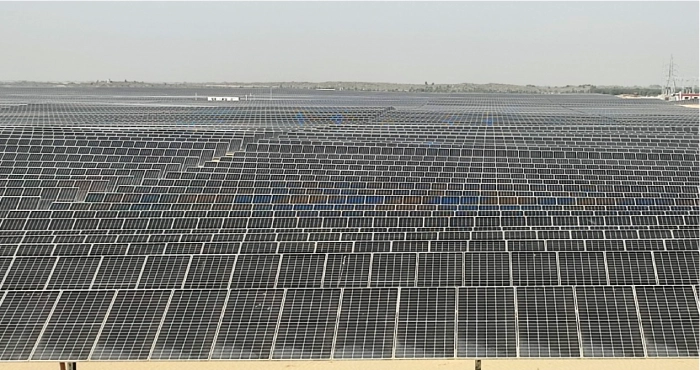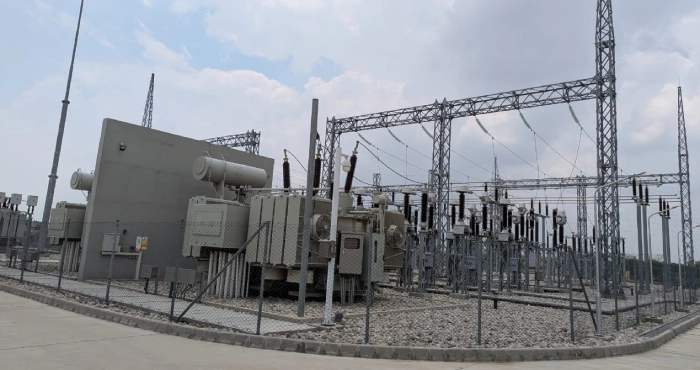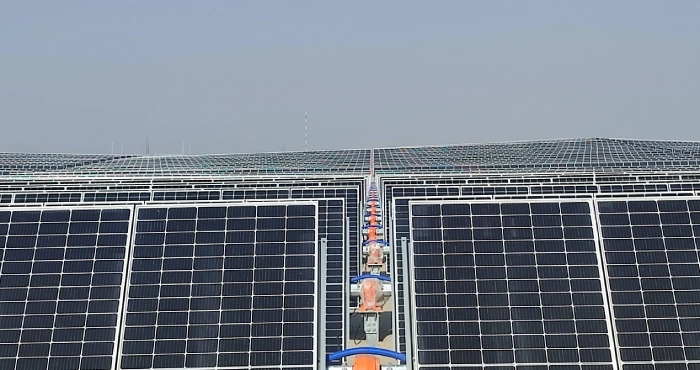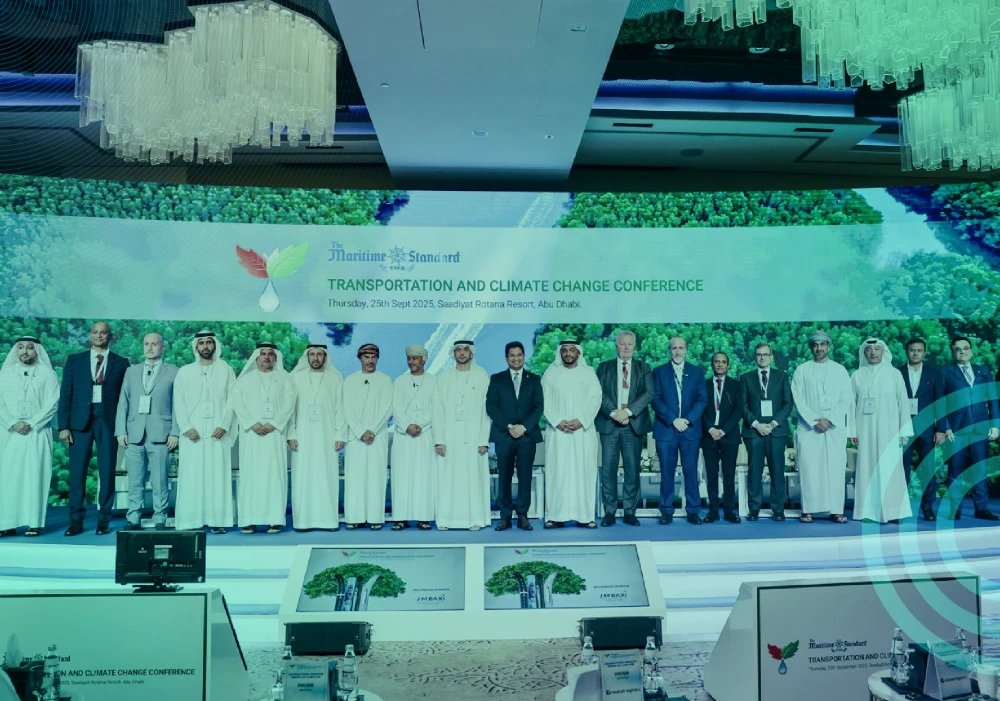The Global Carbon Council (GCC) is pleased to announce the registration of the Zhenfa 100MW Solar Power Project, a major renewable energy initiative in Pakistan. Implemented by Atlas Solar Limited, this project strengthens the country’s clean energy transition and demonstrates how carbon finance can deliver tangible climate and community benefits.
GCC registers Pakistan’s Zhenfa 100MW Solar Project, expected to cut over 1.05 million tonnes of CO₂ and drive progress on SDGs 7, 8, and 13.



Project Overview
The Zhenfa Solar Project is located in Tehsil Chaubara, District Layyah, Punjab Province. With an installed capacity of 100 MWp (81.25 MWe), the project will generate approximately 184,244 MWh of renewable electricity per year, supplying Pakistan’s national grid, which is dominated by fossil fuels.
By replacing conventional power with solar energy, the project enhances the country’s energy security while supporting Pakistan’s goals for a more sustainable energy mix.
GHG Emission Reductions
The project is forecasted and verified to reduce 105,915 tonnes of CO₂ equivalent (tCO₂e) annually, amounting to over 1.05 million tCO₂e across its initial 10-year crediting period (2025–2035). These reductions are monitored and verified in accordance with the ACM0002 methodology, version 20.0, ensuring integrity and transparency.
Commitment to Environment, Society, and Sustainable Development
The Zhenfa Solar Project has been awarded GCC’s Environmental No-Harm (E+) and Social No-Harm (S+) certification labels, demonstrating its strong commitment to safeguarding the environment and enhancing social well-being
Contribution to Environment
- Clean Energy for All: Supplies 184,244 MWh of renewable electricity each year, cutting over 1.05 million tonnes of CO₂ during the crediting period.
- Responsible Use of Resources: Uses groundwater sustainably for panel cleaning ensuring minimum depletion.
- Proper Waste Management: the implemented waste management plan ensures proper management and disposal of electronic waste and safe handling and disposal of damaged PV modules and other hazardous waste. It also ensures safe disposal or recycling of panels and equipment at end-of-life.
Contribution to Society
- Creating Job Opportunities: Provides ~80 long-term jobs, along with additional short-term work during construction and operations.
- Safe and Fair Workplaces: Strong health and safety systems, equal opportunity hiring, and grievance mechanisms ensure worker’s well-being.
- Empowering Women: Women make up 10% of the workforce, with a target to reach 20% in five years. A new technical school will expand opportunities further.
- Strong Social Protections: The project upholds human rights by strictly prohibiting child labour, human trafficking and forced labour. Through clear labour policies and robust verification systems, it ensures safe, fair, and dignified employment.
Contribution to UN SDGs:
In recognition of its climate and community benefits, the project contributes to three key UN Sustainable Development Goals:
On this basis, the project has been awarded the Silver SDG+ Label under GCC standards.
Maqsood A. Basraa, CEO, Atlas Solar Limited, stated:
“It is a matter of immense pride for us that the Atlas Solar Limited 100 MW plant is Pakistan’s first solar power project to be registered with GCC. Located in a rural area, this state-of-the-art project not only supplies green electricity to the national grid but also empowers local communities by providing employment opportunities transforming their lives. By harmoniously blending advance technology with human well-being, our project creates a lasting impact on both the environment and the people we serve. This Project is a testament to our unwavering commitment to clean energy and the United Nations’ Sustainable Development Goals (SDGs), reaffirming our dedication to a sustainable future for generations to come.”
Assurance and Compliance
The project was verified by Re Carbon Gözetim Denetim ve Belgelendirme Ltd. Şti., which confirmed full compliance with GCC program requirements, host country regulations, and international standards including ISO 14064-2 & 3.
The verification team confirmed that the project is additional, conservatively calculated, and in line with Pakistan’s environmental and energy policies. While the project is not eligible for CORSIA due to ICAO rules on project size, it remains a robust example of how carbon finance enables renewable energy expansion in developing countries.
Conclusion
The registration of the Zhenfa 100MW Solar Power Project marks a significant milestone in Pakistan’s clean energy transition. By delivering large-scale renewable power, avoiding more than one million tonnes of CO₂ emissions, and contributing to community development, the project demonstrates the high integrity and sustainability standards upheld by the Global Carbon Council.








